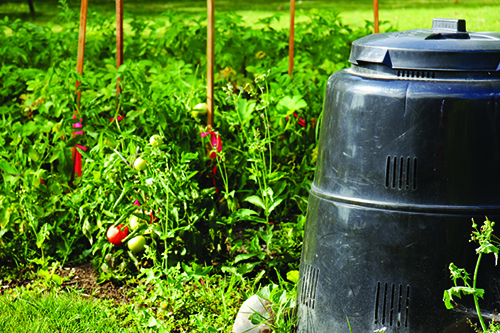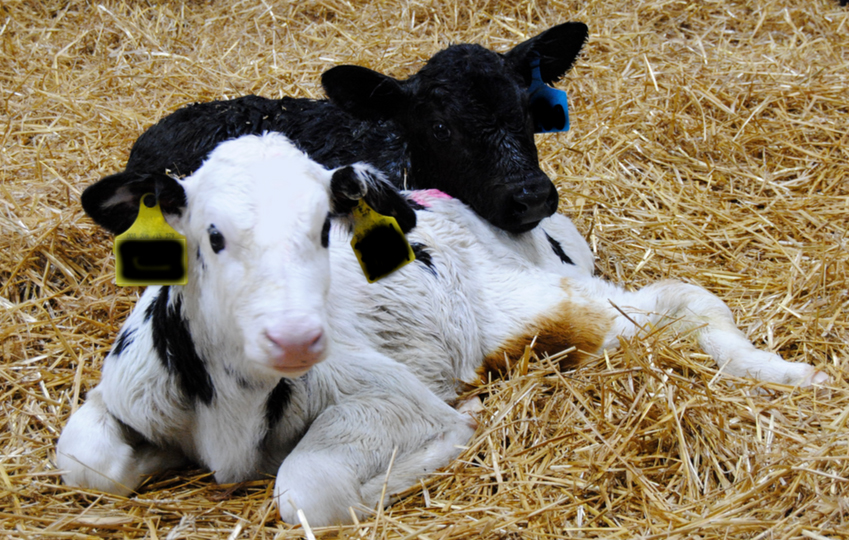Give composting a try, to be environmentally friendly


Compost is an environmentally friendly way to create healthy soil for Wisconsin’s landscape. Compost made from yard materials and other organics, like food scraps, can replenish soil with micro-orga...


